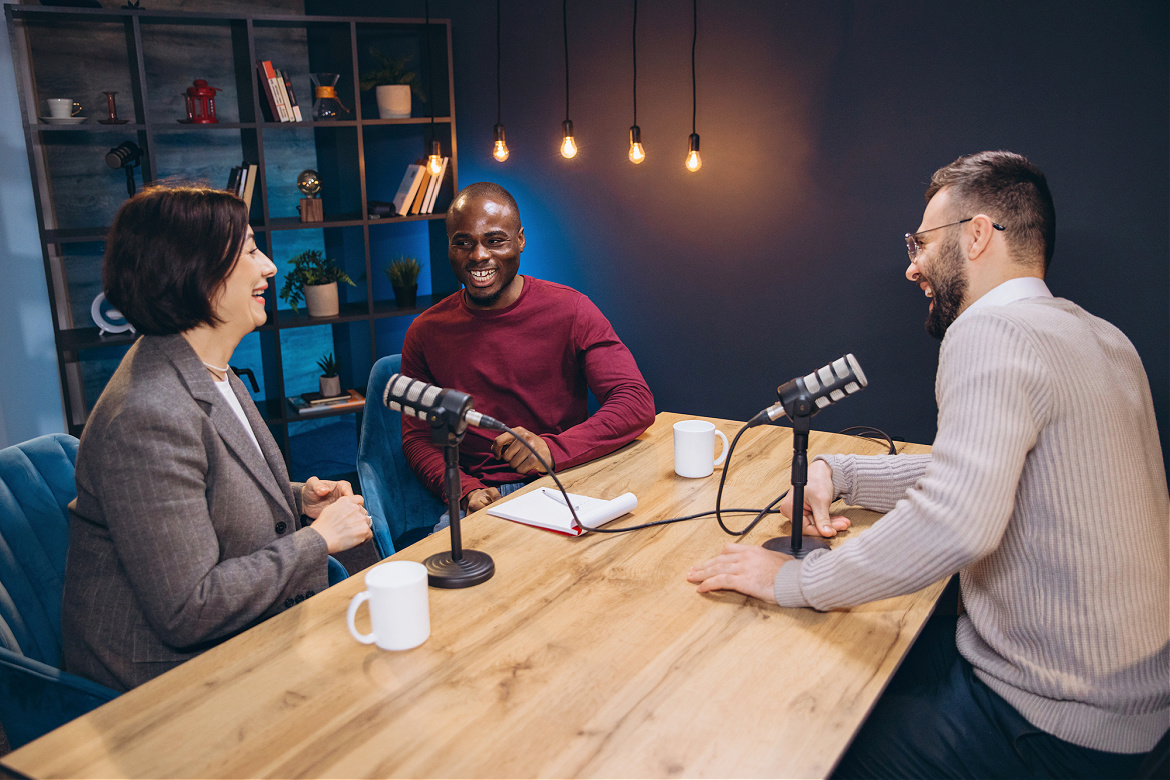Practice Asking Empowering Questions

by Michael Feeley
The art of asking empowering questions in interviews—whether for jobs, TV, radio, or podcasts—is often undervalued. Practice and get exceptionally good at asking penetrating and thought-provoking questions because the power to create change, openness, collaboration, and influence others is in the quality of your questions.
- Make your questions deep and simple. Be direct and then be silent and allow the person to digest the question and answer. This is where most interviewers fail.
Interviewers will ask an excellent question, then lessen it by explaining it in unnecessary detail, going on and on about the meaning until they land on another question they think matters, and by then, we are lost as an audience and as a guest who is ready to engage.
- Ask open-ended questions (not just for yes or no answers) that are clarity seekers, evoking discovery, challenging, thought-provoking, solution-oriented, and future-directed.
- Don’t stack questions, hoping that one will connect to your guest, and then off we go, and you’re saved.
- Be a deep, active listener because new questions will arise.
- Focus on what is being said and also not said.
- Distinguish between the words used, tone of voice and intention as well as the body language.
Here’s a good question:
“Why do you do the work you do?”
OK. Stop here and wait for the answer. The silence, after asking a question, is where truth and magic happen.
Here’s what destroys a good question:
“Why do you do the work you do? I mean, you’ve had many careers, you’re successful and well-respected. How did you land here out of all the other possibilities of work, earning top clients, which may not be what you’re after, but for myself, I am specific about the people I want to attract as ideal clients so I build a plan that I think will work and it’s also why my team is really good about reeling me in so I don’t go off track and water down my message. See what I’m asking? Or maybe you don’t. Maybe you have a different take on your ambitions and challenges? Tell us.”
By the end of the monologue, the guest probably forgot what they were initially asked, and as a listener, we might be irritated or impatient because we want to hear what the person has to say, not the interviewer.
This problem mirrors what happens on personal websites. Some people run an abundance of self-portraits and achievements on their “About” pages rather than clearly stating who they are and what they do.
Both situations reveal the same issue: the person facilitating makes themselves the center instead of serving their clients and their true purpose.
The best interviewers in history understood this principle.
Barbara Walters was a master at disarming privacy and encouraging vulnerability, asking direct, deeply personal questions with such empathy and timing that guests felt compelled to share their most guarded truths, turning interviews into open-hearted and factual moments.
Edward R. Murrow wielded precision like a scalpel, asking meticulously researched questions that cut through propaganda and evasion to expose uncomfortable realities, never allowing subjects to hide behind rhetoric.
Dick Cavett practiced intellectual restraint, posing thoughtful, open-ended questions, then stepping back to let brilliant minds explore ideas at length, creating space for guests to reveal their authentic selves through sustained conversation.
Oprah Winfrey cultivated radical emotional safety, using her genuine curiosity and non-judgmental presence to create an atmosphere where guests felt truly seen and heard, encouraging them to share stories they’d never told before.
Great interviewers understand that their power lies not in talking, but in the disciplined art of being prepared, asking the right question, and then getting out of the way so a person can reveal who they are.
Thanks – Michael (he, him)
Please share this Daily with your tribes.
This also matters – The Art and Science of Listening.
#2049





